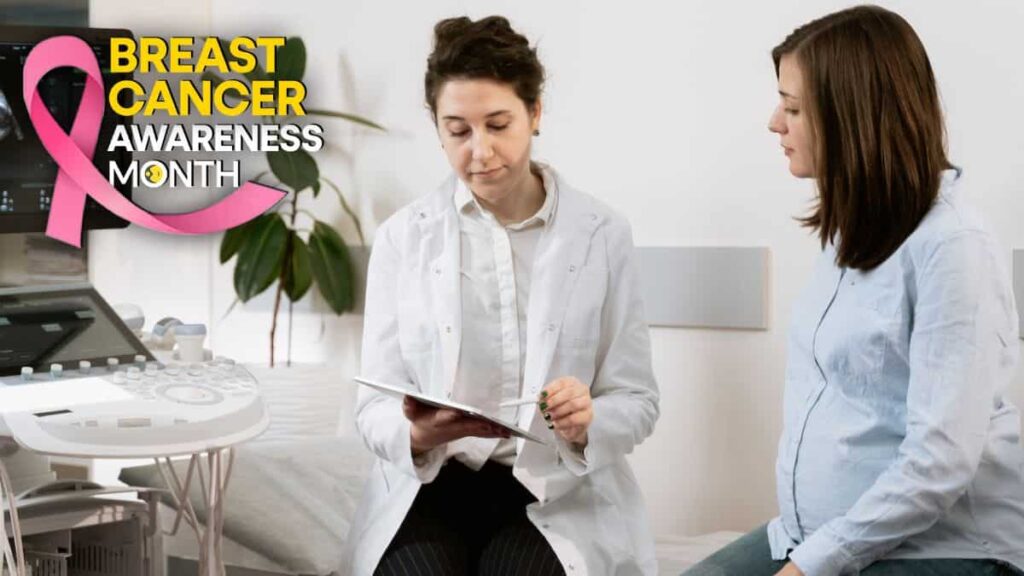Recent trends in breast cancer statistics reveal a complex picture. Although breast cancer mortality rates have decreased significantly by 44% over the past 30 years, there is concern about an increase in early-onset breast cancer cases, especially among women under 50 years of age.
This information comes from an update from the American Cancer Society, which also highlights persistent racial disparities in breast cancer outcomes.
Increase in breast cancer in certain regions
Black women are particularly at increased risk for aggressive triple-negative breast cancer and have lower survival rates for most breast cancer subtypes and stages.
The increasing incidence of breast cancer, especially among young women, is thought to be due to a variety of factors in modern life. Breasts are particularly prone to cancer, explains Dr. Marisa Weiss, founder of breastcancer.org.
Rising factor
She points out that aspects of modern life contribute to rising breast cancer rates.
– Delay in childbirth
– Decrease in breastfeeding
– Increased alcohol intake
– Obesity and lack of exercise
– long-term use of hormonal drugs
Research shows that nearly half of all cancer cases in the United States are associated with modifiable risk factors, with breast cancer significantly affected. Next to lung cancer, breast cancer in women is most closely associated with modifiable risk factors. Alcohol consumption is associated with an increased risk of several types of cancer, including breast cancer.
Measures to reduce
To reduce your risk of breast cancer, experts recommend a multipronged approach.
– Maintain a healthy weight
– Exercise regularly
– Adopt a predominantly plant-based diet (e.g. Mediterranean diet)
– Limit or avoid alcohol
– Reducing exposure to environmental pollutants
– Consider non-hormonal contraceptive methods
– Consider genetic testing for high-risk individuals
Changes in eating habits
Dietary recommendations for breast cancer prevention include choosing organic produce when possible, especially for items on the Environmental Working Group’s “Dirty Dozen” list. Larger fish tend to accumulate more environmental toxins and are therefore recommended to be eaten lower on the food chain. Dr. Weiss suggests making fruits, vegetables, nuts, seeds, beans, and grains the center of your diet, with meat and fish as side dishes.
For those who cannot afford organic options, a Mediterranean or vegetarian diet is still considered highly beneficial for breast cancer prevention. Simple measures like removing the skin from chicken and avoiding fatty parts of fish can also help reduce exposure to harmful substances.
In conclusion, although cases of early-onset breast cancer are increasing and racial disparities still exist, there are many steps individuals can take to reduce their risk. These include lifestyle modifications, dietary changes, and regular medical checkups. People with additional risk factors, such as dense breasts or a family history of breast cancer, are encouraged to talk to their doctor about genetic testing and individualized risk management.

